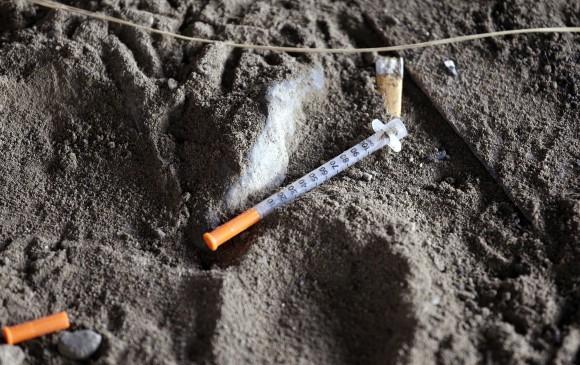EVERETT, Wash.—As deaths from painkillers and heroin abuse spiked and street crimes increased, the mayor of Everett took major steps to tackle the opioid epidemic devastating this working-class city north of Seattle.
Mayor Ray Stephanson stepped up patrols, hired social workers to ride with officers, and pushed for more permanent housing for chronically homeless people. The city says it has spent millions combating OxyContin and heroin abuse—and expects the tab to rise.
So Everett is suing Purdue Pharma, maker of the opioid pain medication OxyContin, in an unusual case that alleges the drugmaker knowingly allowed pills to be funneled into the black market and the city of about 108,000. Everett alleges the drugmaker did nothing to stop it and must pay for damages caused to the community.
Everett’s lawsuit, now in federal court in Seattle, accuses Purdue Pharma of gross negligence and nuisance. The city seeks to hold the company accountable, the lawsuit alleges, for “supplying OxyContin to obviously suspicious pharmacies and physicians and enabling the illegal diversion of OxyContin into the black market” and into Everett, despite a company program to track suspicious flows.






